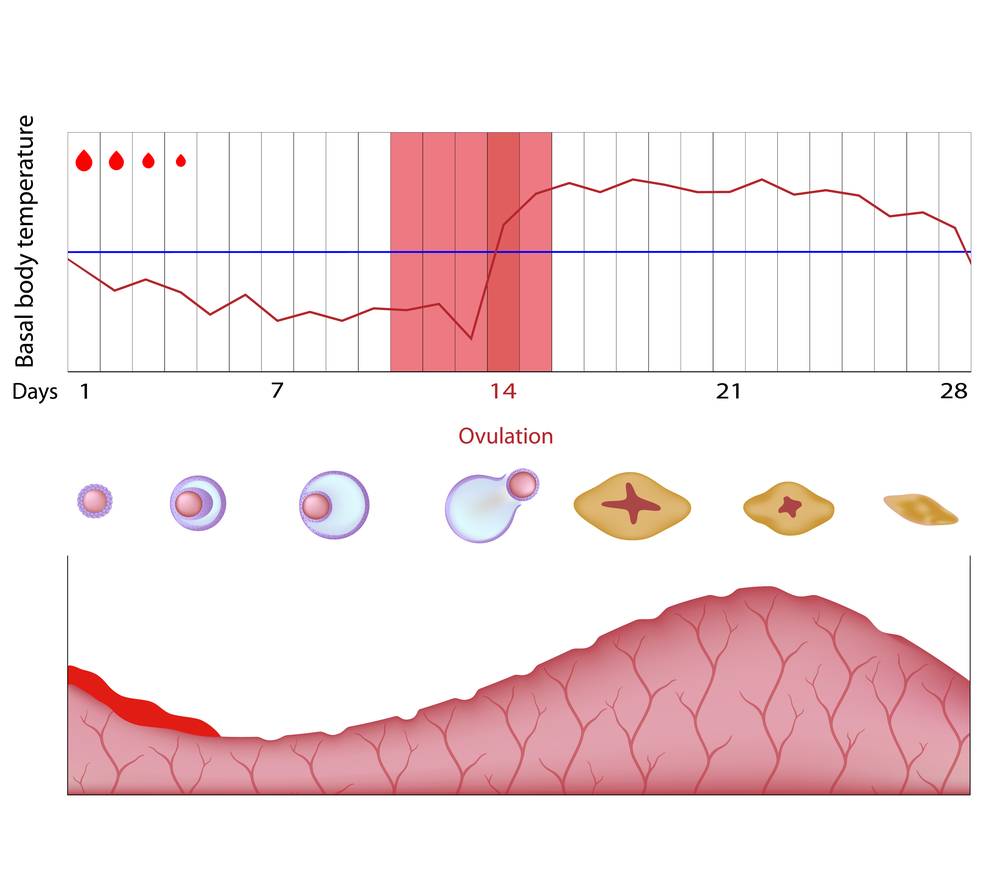In a new study entitled “Dysregulation of Lysyl Oxidase Expression in Lesions and Endometrium of Women With Endometriosis,” authors investigate a potential link between expression of lysyl oxidases (LOXs) and endometriosis-associated infertility. The study was published in the journal Reproductive Sciences.
Endometriosis is characterized by growth of endometrial tissue outside the uterine cavity and is one of the most frequent genealogical disorders affecting women in reproductive ages, frequently culminating in infertility. Previous studies correlated lysyl oxidases (LOXs) expression, extracellular copper enzymes, with carcinogenesis, specifically with tumor invasion and metastatic potential but also in collagen deposition and extracellular membrane remodeling. A family of 5 genes encodes for LOXs and recently LOXL1 and LOXL4 expression, genes belonging to the LOX family, were suggested as having a potential role in endometriosis.
In this study, authors determined the expression of LOX genes in endometriotic cell lines and tissues samples of both eutopic and lesions endometrium tissue from women with endometriosis and healthy controls. Since almost 50% of patients with endometriosis experience infertility, the team also determined LOX expression in the endometrium during the window of implantation (WOI), i.e. the period when the uterus is receptive for implantation of the embryo, in women with endometriosis-associated infertility and fertile controls.
The team found that women with endometriosis express in eutopic endometrium significantly higher levels of LOX. Since LOX is involved in extracellular matrix stability, integrity and function the authors hypothesize that sustained LOX activation may affect the normal function of the endometrium. To understand the potential role LOX plays in endometriosis-associated infertility, they measured LOX levels in eutopic endometrium during the WOI and observed that indeed women with endometriosis-associated infertility exhibited higher LOX protein levels in the endometrial epithelium when compared to fertile controls. As a result, LOX increased expression might interfere with the interaction between the embryo and the endometrium during implantation; however, additional samples are required to validate these findings and further investigate the mechanisms by which aberrant expression and function of LOX affects embryo implantation. Additionally, the team discovered that in cell lines and endometrium lesions there is increased expression of LOX, while induction of LOX overexpression changed the expression of genes related to fibrosis and extracellular matrix remodeling, which may promote the establishment and progression of endometriotic lesions.
This is the first study determining LOX protein expression pattern in human endometrium and endometriosis. The team shows that LOX is differentially regulated in endometriotic lesions and propose LOX overexpression may lead to defects in implantation by changing the luminal epithelium, however additional studies are needed to support this hypothesis.

